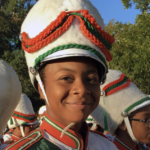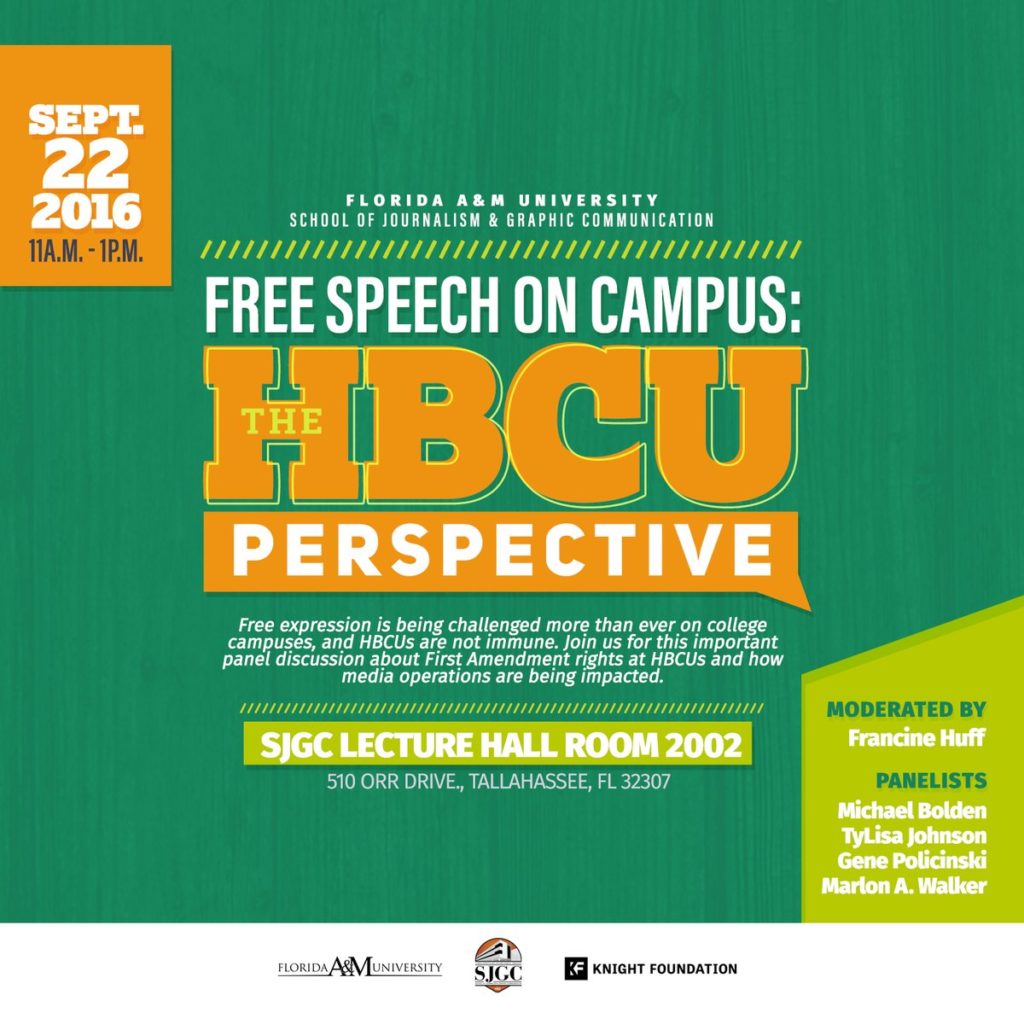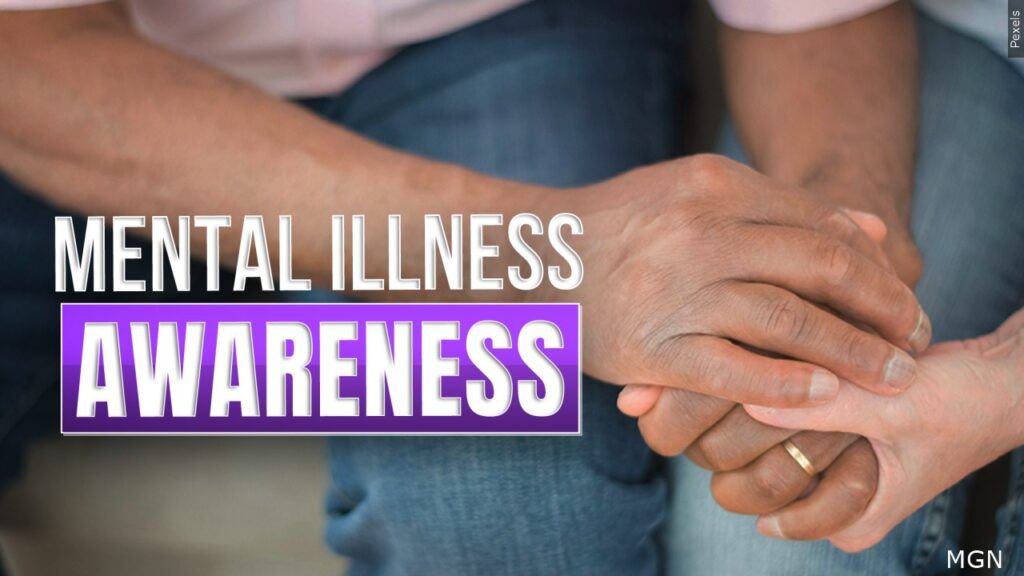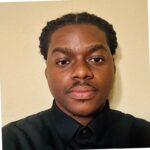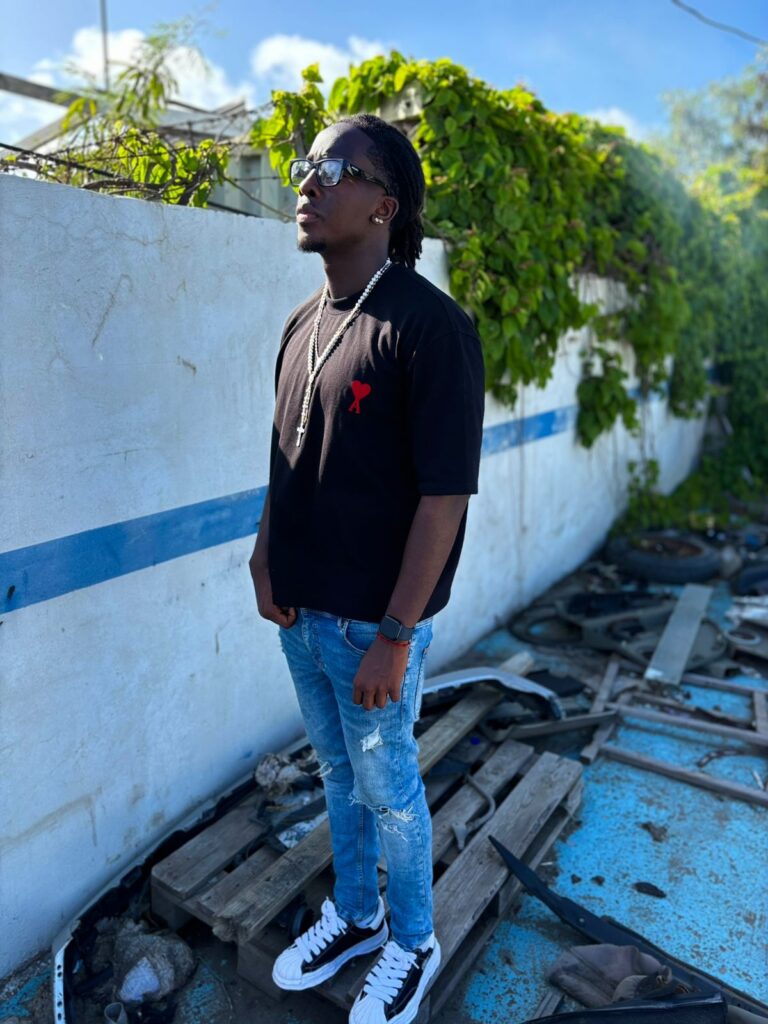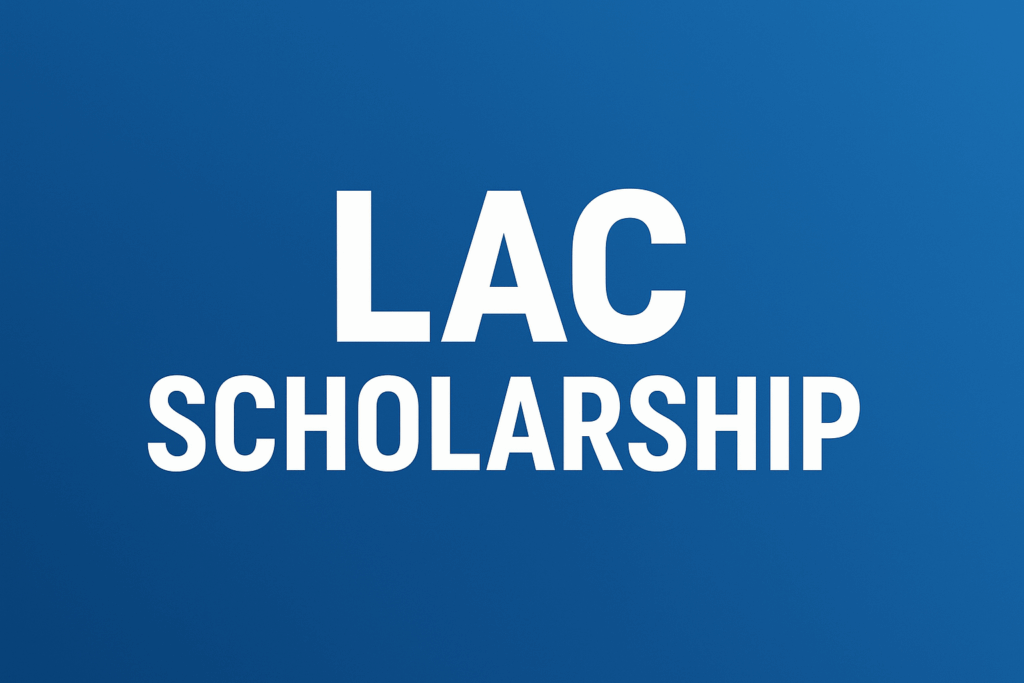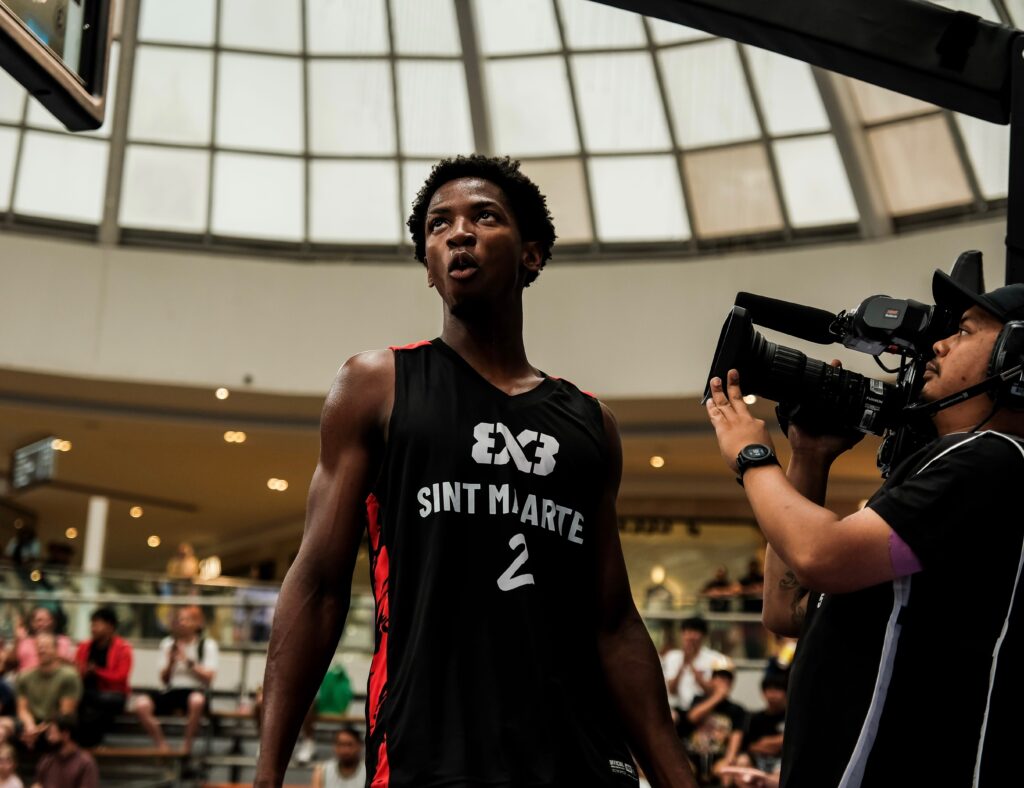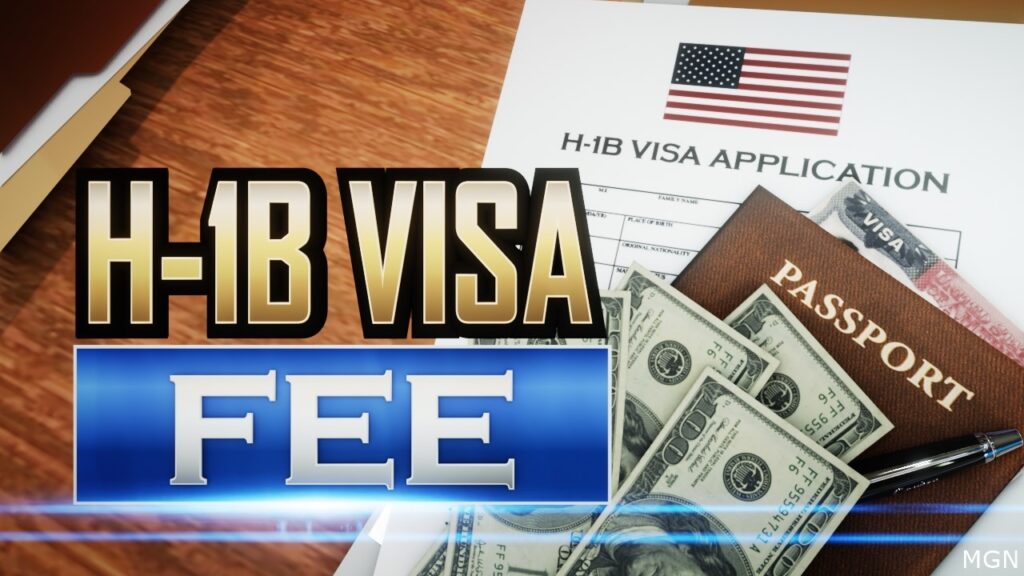Words by Chelsea Stewart
According to a new Gallup report, students at historically black colleges and universities (HBCUs) in the United States are more likely to support limits on the press’ rights to cover campus protests and expressed less trust in the media.
The report, which was sponsored by the John S. and James L. Knight Foundation and the Newseum Institute, is a follow-up of an April survey where 3,072 HBCU students were questioned on their views of First Amendment rights.
The report found that 73 percent of students at historically black colleges and universities do not trust the news media to accurately report the news. 56 percent of them believe that students should be able to prevent media from reporting campus protests, but only 28 percent of college students said the same.
The study is an effort to understand how college students view the First Amendment.
Thursday afternoon, students and staff at Florida A&M University gathered in the School of Journalism and Graphic Communication’s Lecture Hall to attend a panel discussion, titled “Free Speech on Campus: The HBCU Perspective,” which discussed the findings of the report.
The event was coordinated and put together by Professor Francine Huff, who is the Knight Chair for Student Achievement at FAMU. The panel included Michael Bolden, Editorial Director of the Knight Foundation, TyLisa Johnson, former student editor-in-chief of Journey Magazine, Gene Policinski, a founder of USAToday, and Marlon Walker, a FAMU alumni and reporter.
Huff kicked off the conversation by asking panel members why students feel the need to push the media out of their protests and share news themselves.
“I think a lot of it goes into having a real understanding of what the role of the media is. There’s a lot of confusion,” Johnson said. “You’ll never fully be able to tell a story that you can’t, sort of, in some way empathize with. I think it plays a role, having people that look like you in the newsroom to tell your story.”
The conversation quickly shifted to rallies that have resulted in protestors being thrown out because of conflicting views – most recently during Donald Trump’s rallies.
“I think it’s something that needs to be pointed out every time it happens. Write about how you were thrown out of this public meeting. Or you know,specify how it happened. You make sure people are aware that this is happening,” Walker says.
“The point of having the right to petition and assembly is to hear from people with whom you agree and maybe disagree and to let them who disagree with you come in because, if no better reason, we’re better armed than to argue against the point we don’t like. Or to suddenly go, ‘Oh, I hadn’t thought of that.’ To limit people from being in a rally because they have a different point of view, to me, seems counterproductive. And it’s certainly not, while it might be legal, it is not in the spirit of the right to assembly,” Policinski added.
The panel continued to share thoughts on police brutality and mistrust of the media through the end of the discussion. Huff closed the event with a brief Q&A session between the panel and audience.
As final thoughts, Bolden and Policinski expressed that conversations need to keep happening in order to bridge the gap between media and students, even if uncomfortable.
“The First Amendment is a tremendous, self-correcting mechanism,” Policinski said.
